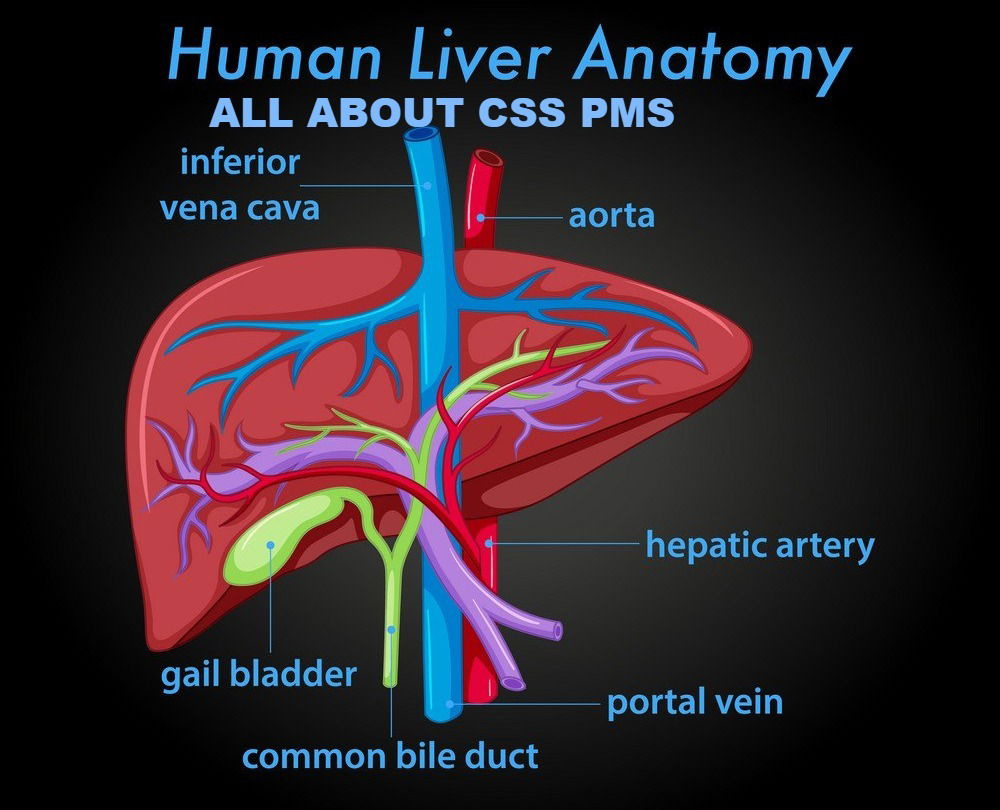Comment, 'Liver is the chief chemist in human body'.

Liver is the chief Chemist in Human Body :
Chinese medical thoerists have referred to the liver's role in the body as the 'General of the Army', and one view the liver as the "Body's Master Chemist".
A healthy liver reduces the risk of cancer, obesity, dementia, diabetes, and premature aging. When it functions properly, the liver enables other organs in our body to work better.
The liver is the only organ in the body that can regenerate itself. Twenty-five percent (25%) of a liver can regenerate itself into a whole new liver.
The liver is a four-lobed, triangular-shaped organ weighing a little more than 3 pounds. It is the largest gland in the human body, according to Procto-med.com. The liver is part of the gastrointestinal system and is located in the upper abdomen to the right of the stomach. The liver carries out many functions necessary for survival, including processes of metabolism, digestion and cleansing of the blood.
Detoxification :
The cells of the liver contain thousands of enzymes for use in the chemical reactions of metabolism, according to the University of Nottingham. People consume various toxins from foods, drugs and water daily. A healthy liver is capable of transforming potentially harmful substances, such as drugs and alcohol, into harmless products to be eliminated in the bile or urine.
Nutrient Processing :
Nutrients consumed in the diet travel from the intestine to the liver and are processed into substances that the body's tissues can use, the Gastroenterological Society of Australia reports. The liver synthesizes, stores and releases nutrients into the blood based on the body's needs.
Cholesterol Production :
Each day, the liver makes about 1,000 milligrams of cholesterol, which is used for production of hormones, Vitamin D and bile.
Protein Synthesis :
The liver makes certain proteins necessary for blood clotting and for transporting nutrients such as iron, according to Brown University. Many blood proteins are also needed for water balance in the body. Additionally, the liver produces proteins involved in the functioning of immune system.
Bile Production :
The liver produces bile, which is stored in the gall bladder. Bile aids in the digestion of fats and assists with elimination of toxins from the body.
Storage :
Many nutrients are stored in the liver, including certain fats, Vitamin B12, iron, copper and the fat-soluble vitamins A, D and K, according to Brown University. The liver also stores glycogen, the storage form of glucose.
Blood Sugar Regulations :
The body must maintain blood glucose within a particular range. When blood glucose falls too far, the liver can convert stored glycogen back to glucose, or it can make glucose from amino acids to raise blood glucose to a normal level.